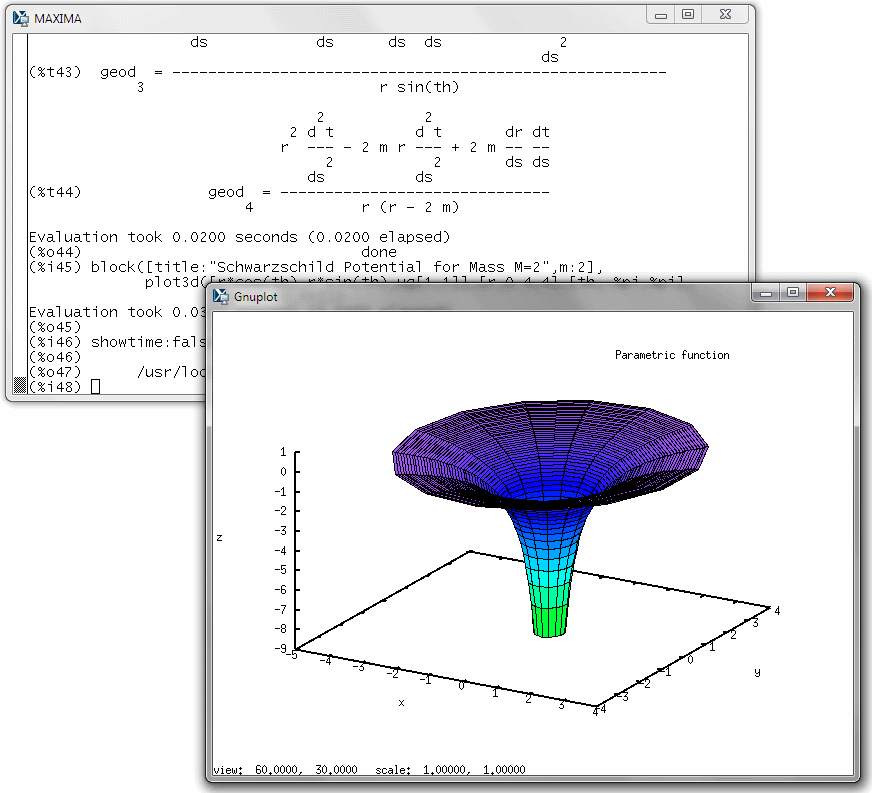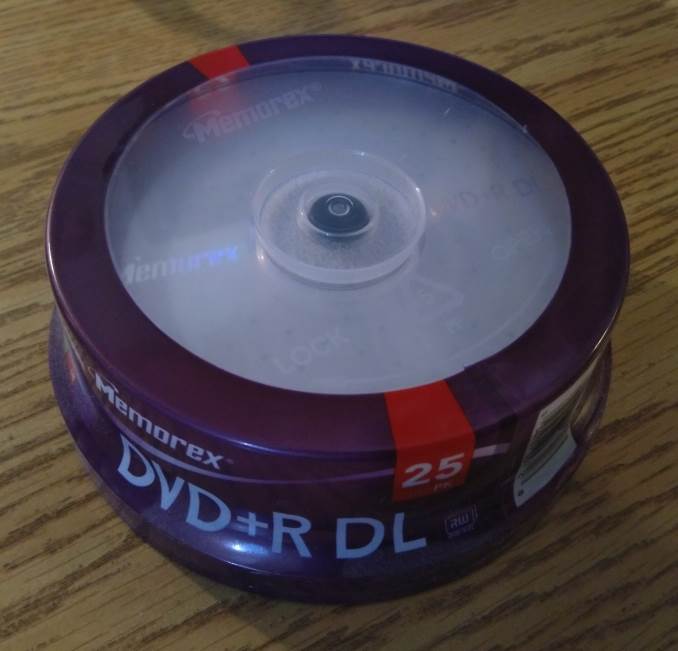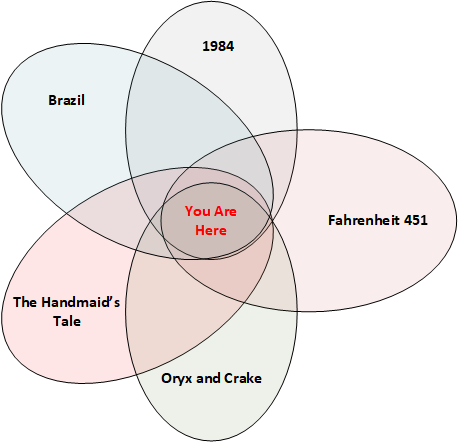The news this morning is that former PM Jean Chrétien suggested that Canada should stop the extradition proceedings against Huawei CFO Meng Wanzhou, as a means to win back the freedom of the two Canadian hostages in China, Michael Kovrig and Michael Spavor. (Yes, I called them hostages.)
The case against Huawei runs a lot deeper, however, than the financial fraud Ms. Meng is alleged by US authorities to have committed.
There is also the question of espionage, including the possibility that Huawei’s 5G equipment cannot be trusted because of firmware or hardware level backdoors.

I repeatedly encountered the suggestion that this issue can be trivially remedied by using end-to-end encryption. Unfortunately, end-to-end encryption, even if properly implemented (ignoring for the moment our own Western governments’ recurrent pleas to have built-in backdoors in any such encryption algorithms), solves only part of the problem.
It still allows Huawei to steal metadata, such as where calls are routed or the amount and nature of data traffic between specific endpoints. Worse yet, no encryption prevents Huawei from potentially sabotaging the network when called upon to do so by the Chinese government.
For this reason, I reluctantly came to the conclusion that the US ban against Huawei is justified and appropriate. It must, of course, be accompanied by a suitable increase in spending on researching 5G communications technologies, because otherwise, we risk shooting ourselves in the foot by banning the use of equipment that is technologically superior to the available alternatives. This is a new situation for the West: The last time the West faced a great power adversary that matched Western scientific and technological capabilities was in the 1930s, with Nazi Germany.
As for Ms. Meng, I think the suggestion to suspend the extradition process is wholly inappropriate. It would signal to the world that Canada is willing to suspend the rule of law for the sake of hostages. However strongly I feel about Messrs. Kovrig and Spavor, however strongly I desire to see them released, this is not a price Canada should be willing to pay.



















